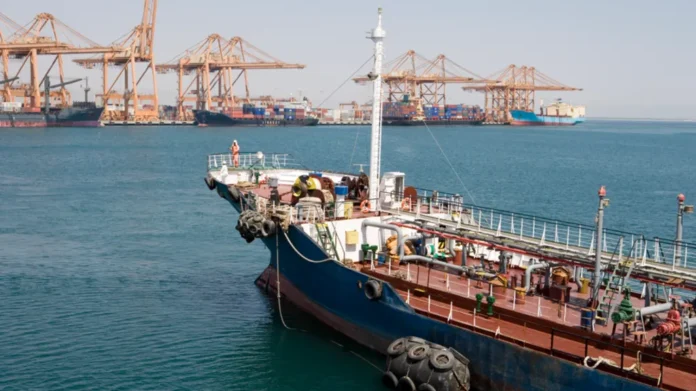Global oil prices fell sharply on Tuesday following the announcement of a ceasefire between Israel and Iran, bringing a temporary halt to nearly two weeks of escalating conflict that had rattled energy markets and raised fears of a global supply disruption.
Brent crude, the international oil benchmark, dropped by nearly 5% to $68 per barrel, falling below levels seen before Israel launched strikes on Iranian nuclear facilities on June 13. Prices had surged to as high as $81 a barrel in recent days amid fears that Iran might block the Strait of Hormuz, a key global oil and gas transit route.
The de-escalation brought immediate relief to global markets. Stock indices in the UK, Europe, and Asia posted gains after U.S. President Donald Trump confirmed that the ceasefire was “now in effect,” a move later verified by Israeli officials, who said they agreed to the truce after “eliminating the Iranian nuclear threat.”
However, volatility persisted. Prices narrowed their losses after Israel accused Iran of violating the ceasefire by launching a retaliatory missile. Iran had struck a U.S. military base in Qatar on Monday, further straining tensions.
Still, the markets reacted positively. The UK’s FTSE 100 rose by 0.4%, France’s CAC-40 gained 1.4%, and Germany’s DAX advanced 2%. In Asia, Japan’s Nikkei closed up 1.1% while Hong Kong’s Hang Seng rose 2.1%.
Analysts say the future of oil prices hinges on whether the ceasefire holds. “If the ceasefire is followed as announced, investors might expect the return to normalcy in oil,” said Priyanka Sachdeva, senior market analyst at Phillip Nova. “But adherence to the terms by both sides will be crucial.”
Wholesale UK gas prices also dropped by 12.5%, after spiking on concerns that LNG shipments from Qatar, a key supplier, could be threatened by conflict near the Strait of Hormuz.
The recent spike in oil had raised global inflation fears, drawing comparisons to the economic ripple effects seen after Russia’s invasion of Ukraine in 2022. Consumers and businesses had braced for rising costs of petrol, diesel, food, and other essentials.
With the ceasefire now in place, markets are cautiously optimistic but remain on edge as both Israel and Iran watch each other closely for any violations that could reignite tensions.
Written By Rodney Mbua



















